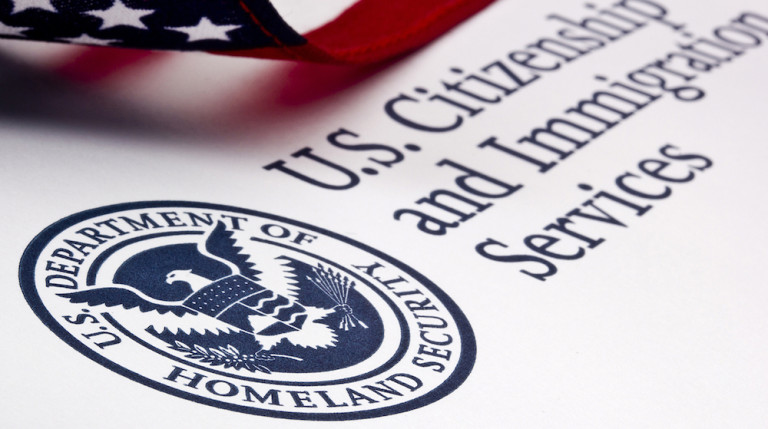Since 2015, H-4 spouses of H-1B nationals have been permitted to apply for a work permit (Employment Authorization Document or EAD card) if one of the following applies: (1) their spouse has an approved Form I-140, Immigrant Petition for Alien Worker or (2) their spouse has been granted H-1B status under the American Competitiveness in the Twenty-First Century Act (“AC21”) provisions, which allows certain H-1B workers seeking employment-based permanent residence to work and remain in the U.S. beyond the six-year limitation. Once granted, the validity of the EAD card should match the expiration date on his/her most recent I-94 record, which is an arrival/departure record issued by the Department of Homeland Security (“DHS”) to foreign nationals who are admitted to the United States.
The H-4 EAD rule aims to retain skilled foreign workers and minimize the disruption to U.S. businesses and to the foreign nationals themselves pending the final processing of an application for permanent residency – which can take 10 or more years for Indian nationals and 5 or more years for Chinese nationals. The H-4 spouse’s ability to work has been quite beneficial, enabling the spouse to use their valuable skills to find work and supplement the family income – which is particularly critical in cities with a high cost of living, where families cannot survive with only one income (the H-1B holder).
The Trump Administration is seeking to end the H-4 EAD program and is currently drafting a proposed regulation which most likely will not be published until June 2018. Thereafter, there is an opportunity for public comment. The result may or may not be the elimination of the regulation allowing for H-4 EADs. The regulatory process may take months to finalize after the proposed rule is published.
In the interim, impacted individuals should seek to renew their EADs as early as possible and/or explore alternate ways to seek a work permit.
We will continue to monitor these events and provide updates as they arise. If you have any questions, please contact us.

